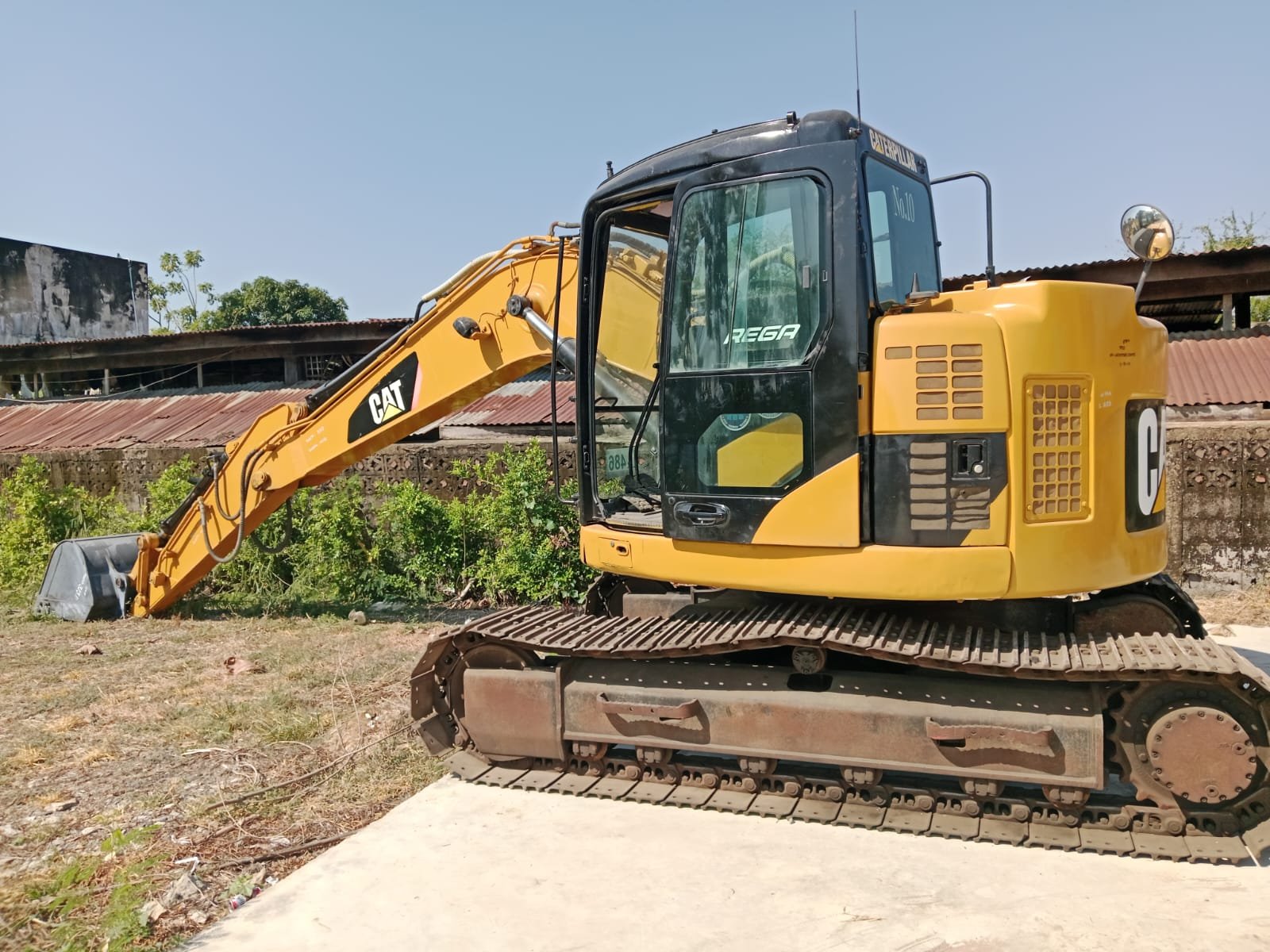Japan has a long-standing reputation for producing high-quality, reliable, and technologically advanced machinery. If you’re considering investing in heavy equipment, industrial machinery, or other specialized equipment, importing from Japan may be a viable option. Here’s why:
1. Unmatched Quality and Reliability:
- Precision Engineering: Japanese manufacturers are renowned for their meticulous attention to detail and commitment to precision engineering. This translates to robust and long-lasting machinery with minimal downtime.
- Advanced Technology: Japanese technology is often at the forefront of innovation. Importing from Japan gives you access to cutting-edge features, increased efficiency, and improved performance.
2. Durability and Longevity:
- Built to Last: Japanese machinery is typically designed and manufactured to withstand demanding conditions and operate for many years with minimal maintenance.
- High Resale Value: Due to their reputation for quality and reliability, Japanese-made machines often retain their value better than those from other countries.
3. Efficiency and Productivity:
- Optimized Performance: Many Japanese machines are designed with a focus on efficiency and productivity. Features like advanced automation and precise controls can help you streamline your operations and increase output.
- Reduced Operating Costs: Improved fuel efficiency, lower maintenance requirements, and increased uptime can significantly reduce your operating costs over the long term.
4. Strong After-Sales Support:
- Extensive Dealer Networks: Many Japanese manufacturers have well-established dealer networks around the world, providing access to prompt service, maintenance, and parts.
- Skilled Technicians: Japanese technicians are highly skilled and well-trained, ensuring that your equipment is properly maintained and repaired.
5. Competitive Pricing:
- Direct Sourcing: Importing directly from Japanese manufacturers or reputable distributors can often lead to competitive pricing and cost savings.
However, it’s important to consider the potential challenges:
- Shipping Costs: International shipping can be expensive, especially for heavy or bulky equipment.
- Customs and Import Duties: You may need to navigate customs regulations and pay import duties, which can add to the overall cost.
- Language and Cultural Barriers: Communicating with Japanese suppliers and navigating the Japanese business culture may require some effort.
Ultimately, whether or not importing machinery from Japan is the right choice for you will depend on your specific needs, budget, and priorities.
If you’re considering importing from Japan, be sure to:
- Thoroughly research potential suppliers.
- Obtain multiple quotes from different suppliers.
- Carefully evaluate the total cost of ownership.
- Seek professional advice from import/export specialists or consultants.
By carefully weighing the pros and cons and conducting thorough research, you can make an informed decision about whether importing machinery from Japan is the right choice for your business.
Disclaimer: This blog post is for informational purposes only and should not be considered financial or professional advice.


